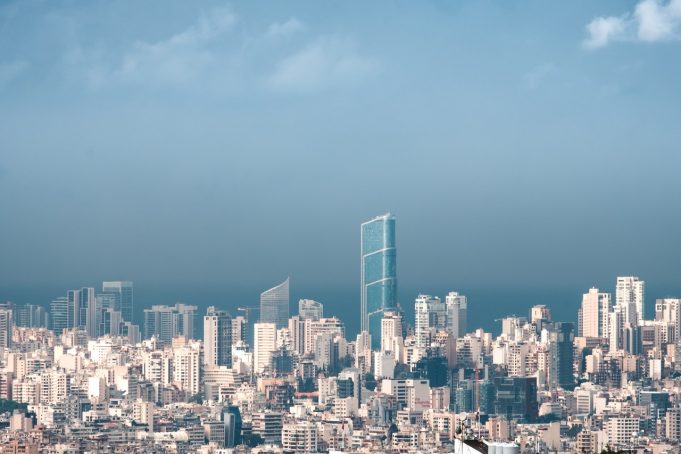Today, Lebanese citizens are facing an unprecedented economic crisis; the situation has continued to deteriorate on a daily basis for more than 18 months, with no solution in sight. Companies are shutting down, unemployment is peaking, and the only solution that remains for most Lebanese citizens is to emigrate.
Adel Afiouni, economic and banking expert and former Minister of State for Investments and Technology, has stated in a recent interview on CNBC MENA that the economic and social situation in Lebanon is catastrophic.
The free fall of the Lebanese pound – which has lost more than 95% of its value in the last 18 months – is leading to untenable hyperinflation that directly affects the living conditions of Lebanese citizens. In addition, the citizens can no longer freely access their life savings and deposits in the banks. Instead, they must provide justifications and are subjected to pressure and humiliation in order to withdraw their own money, with no laws protecting them.
On top of this. Adel Afiouni stated that Lebanese citizens are also facing a severe social and living conditions crisis, lacking basic needs, with essential food resources becoming more and more scarce. Nowadays, citizens must wait in long queues to get basic products from supermarkets, medication from pharmacies, or fuel from petrol stations.
It is a very dark and saddening image of what Lebanese citizens must endure on a daily basis. Sectors that used to be flourishing and prospering have entirely collapsed with disastrous consequences.
Answering a question about cost of living, Afiouni offered two examples:
Bread being an essential product (especially for the ordinary citizen in Lebanon), its price movement serves as an indicator as to how the cost of living in Lebanon is evolving. The price of bread has more than tripled in a very short period of time.
The price of a gallon of petrol is also an important indicator, since Lebanon does not have public transport; therefore, every citizen needs petrol to go to work, to school or even to the hospital. The steep increase in petrol prices by more than fivefold illustrates as well the daily suffering of the population.
In the meantime, and unfortunately, Afiouni said the country continues to witness a political void that has already lasted for more than 11 months. In more than 18 months, there has been an utter and complete absence of any decision, any reform or measures taken to tackle the crisis by the current political, economic and banking authorities.










